Forget Qualifications: Which Fashion Job Actually Suits Your Personality?

Having now worked in the fashion industry for a decade, I’ve come to a conclusion: Certain personalities are suited to certain jobs within this ecosystem. I, for example, wouldn’t be a very good PR employee. You have to be comfortable with chasing people in the same instance as tactfully turning others down. I make it sound bad—it isn’t—but I’m simply aware that I’m potentially not pushy enough to be a successful PR rep in this crowded environment. I’m more suited to being a journalist: I’m curious by nature, and I’m always willing to lend an ear (or a shoulder). I do, however, hugely appreciate the millions of times PR reps have reached out to me to make exciting things happen, open doors to some intriguing corners of this world and keep me abreast of Wholesale Replica Bag news—the dynamic of these different characters makes the industry go round.
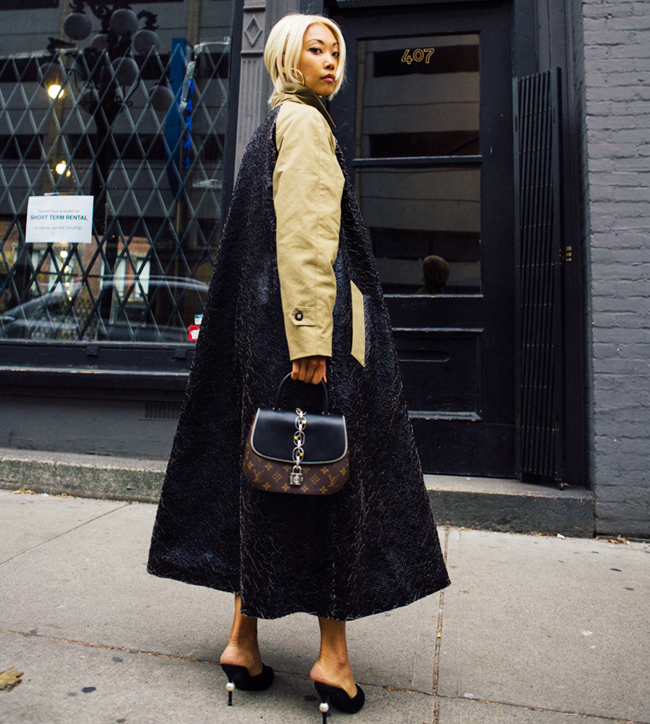
Maybe being a visual merchandiser could be your bag, a trend predictor perhaps or how about stepping into the role of a personal shopper? If you’ve been wondering which fashion job suits your sensibilities and skills, keep on reading. We sought firsthand advice from the brilliant people we know who work in the many facets of the modern fashion business to find out the traits you might need, the misconceptions about each role and whether you need any actual qualifications to succeed.
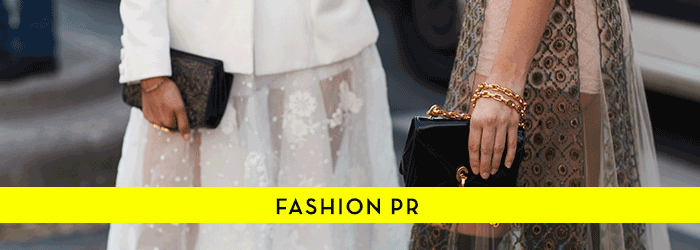
The Expert: Katrina Macpherson, brand and communications strategist and the founder of IN+ADDITION
Personality Traits: “I think everyone develops their own style of doing business, so in that regard, there is no set formula.That said, first and foremost in fashion, it’s important to have passion and determination, as that can be truly magnetic and really help propel your career, a brand or a project forward,” says Katrina, adding that “acting with trust and authenticity” as well as having the vision to spot growth and opportunities are also fundamental.
Skills Required: “Working is still the best possible on-the-job training you could ever wish for in fashion,” says Katrina, adding that it provides you with a 360-degree view as well as a chance to grow your network.
The Misconceptions: “Just because you love shopping doesn’t mean you’ll love working in fashion.”
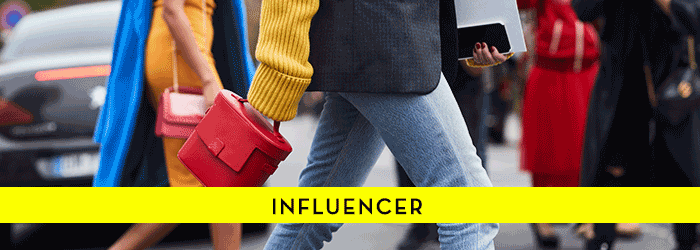
The Expert: Natasha Ndlovu, founder of Bisous Natasha
Personality Traits: “Being an organised person is important when you are in my position. If you’re self-employed and have to create content and edit content while also doing admin and travelling, it’s crucial to plan,” explains Natasha. Her coping methods? “I set out my work a week in advance, so that I know how to prioritise each day. In my line of work, creativity is key in order to retain people’s interest in your content, as well as attract a new audience.”
Skills Required: Natasha’s degree in visual arts has help her craft the aesthetic for her blog as well as photography and video skills, but she confirms that with blogging (especially fashion), having a high school or college qualification suffices because the rest of it is creativity and being able to engage people through your writing. “There is no internship that you take in order to be a blogger, but it is always good to assist someone in the industry you want to get into to gain work experience and do things on your own.”
The Misconceptions: “The biggest misconception—and there are several—is that taking photos is easy. You would be surprised at how many people cannot take a clear, focused shot to save their life. Even on an iPhone, some people will take a photo no better than my grandmother would,” admits Natasha.
“There’s also the misconception that we get paid tons of money for our work or photos, which is the opposite, as many brands and PR reps want to cut costs and have you work in exchange for goods. But the most annoying misconception is that our press trips are holidays. It may look like fun and games on Instagram, but no one sees the amount of hours you have to be working with the client and the lack of free time and sleep during some of these trips.”
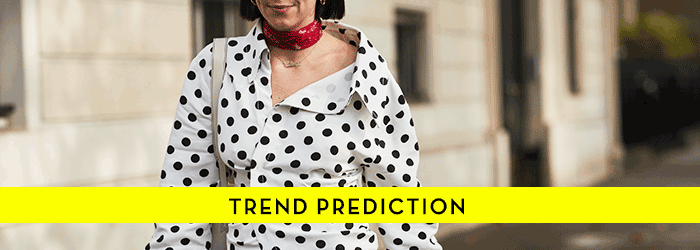
The Expert: Emily Gordon-Smith, head of fashion at Stylus
Personality Traits: “You have to be inquisitive about everything—the more you are open to everything, the better your research will be,” Gordon-Smith tells us. “And it helps if you don’t mind juggling—one minute, we’ll be working on creative for four seasons ahead, and the next on a client request about next summer, so you have to be very organised.”
Skills Required: There are now many routes into trend prediction at an esteemed agency such as Stylus, Emily tells me. “When I started out, there were very few courses that trained you in fashion journalism or communications (only two, in fact), whereas there are now lots, and some are really quite specialised. However, I think that we’re moving into a space where choosing work experience over a qualification could make a lot of sense.”
The Misconceptions: The role of a trend predictor is harder than you might imagine. Emily doesn’t spend time “rubbing shoulders” with fashion darlings: “Whilst the shows are on, we are busy editing catwalk images and prepping summaries and analyses to present to clients. There’s a great deal of work involved, which can mean long hours.”
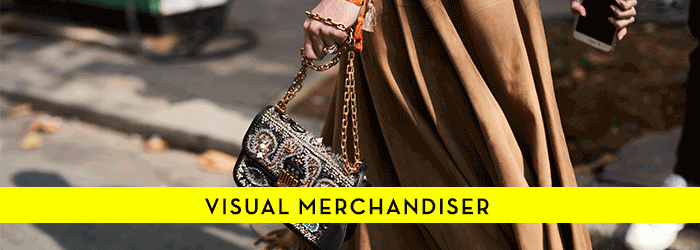
The Expert: William Liptrot, head of visual merchandising at Stella McCartney
Personality Traits: “To enter the world of VM, you need to be creative, patient, open-minded and open to criticism—as everyone thinks they are a VM!” says William. “To be successful, you need to stay strong, and don’t be afraid to say what you feel is right.”
Skills Required: “Personally, I studied fashion at degree level, and I think any creative degree can help you with this career avenue,” he explains. “You need to be a creative but also a quick-thinking problem solver.”
The Misconceptions: “That we just dress windows!” he says. “There is a whole science dedicated to the theory of how we shop. VM is the silent selling tool that heavily influences what a customer buys. We take care of all product placement, styling, tactical pop-up shops and VM installations to really hero products we believe in.”
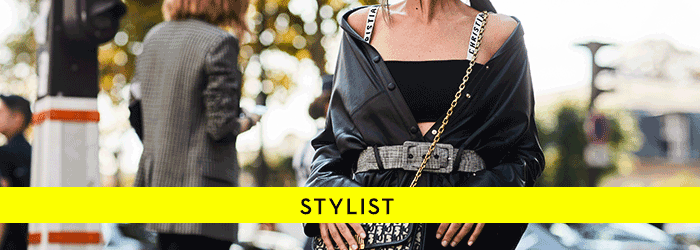
The Expert: Lucy Reber
Personality Traits: “Flexibility is key, both creatively and when it comes to logistics,” Lucy explains. “You can’t be stuck on any one idea or plan—styling is such an organic process; what looks amazing on the hanger sometimes just doesn’t work on the model. You have to be ready to change it all up on the day to make it work.”
Skills Required: “I got a degree in fashion journalism and made some of the best friends along the way, but I really think the key to breaking into styling is work experience rather than studying,” Lucy says, encouraging anyone who is interested to use their spare time to secure internships and placements to gather experience wherever possible.
The Misconceptions: “The biggest misconception about styling is that it’s all glamour—it most definitely isn’t!” says Lucy adding that the best stylists she knows “are all down to earth, no-nonsense types who are ready to muck in with the team to make the shoot perfect.”
Related: The Best High-Street Pieces We've Seen on Instagram This Week
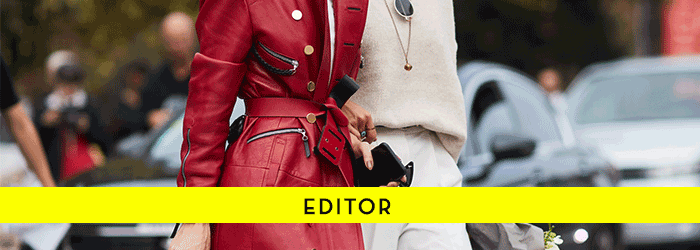
The Expert: Elinor Block, assistant editor ofBest Knockoff Luxury Clothing UK
Personality Traits: A pretty thick skin is Elinor’s first recommendation—even if you have to develop that over time. “To be as good as possible, you need people to give you constructive criticism on your work, but you definitely have to be able to not take it personally,” she adds. “I’d also say being able to talk to anyone is incredibly helpful, particularly when you’re interviewing people (I learned that skill from working at my local pub).”
Skills Required: “I definitely took a ‘fast-tracked’ route by doing a masters in journalism," she explains. "Once I graduated, I decided to focus on digital, as I knew that would be the wisest approach to take career-wise. I haven't regretted my choice, as nearly every job I've landed has been because of this experience and qualification, and I have great contacts in the industry as a result too.”
The Misconceptions: “I can’t count the number of times a friend or relative has asked me if my work is like The Devil Wears Prada or Ugly Betty. Yes, it’s fashion, but it’s still fashion at the end of the day. Not all of us take ourselves too seriously.”
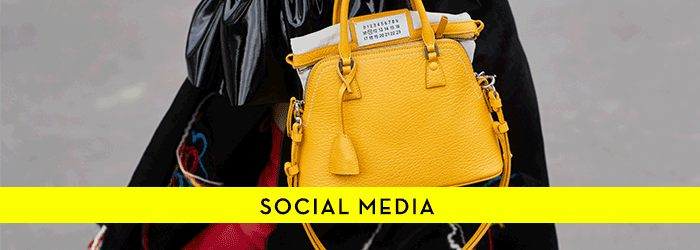
The Expert: Natalie Hughes, director of The Fashion Digital
Personality Traits: “Curiosity!” confirms Natalie. “It’s important for a social media editor to have an interest in technology and digital trends. Fashion is a competitive industry, so persistence is key. And when it comes to running your own business, I’d say it’s vital to be determined; sheer grit is an entrepreneurial essential.”
Skills Required: While traditional routes and work experience are key, Natalie notes that short courses and webinars are great ways to learn social media skills (she even teaches a short course at CSM called Master Fashion Social Media). In addition, Natalie recommends always being aware of what’s going on in the social sphere. She checks Mashable, Glossy and Luxury Daily on a regular basis, as well as the social media channels’ developer blogs: “Social media is ever-changing, so it’s all-important to keep abreast of developments and emerging trends.”
The Misconceptions: “People often think I just browse Instagram and Facebook all day long!” says Natalie. “Well, that’s sort of true, but my job also involves strategy-making, pitching, reporting, shoot production and business development. Oh, and I spend a lot of time in meetings.”
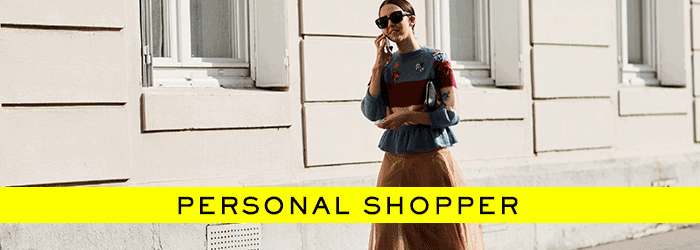
The Expert: Sepideh Shayan, head of Style Concierge at Harvey Nichols
Personality Traits: “In any customer service role, it’s imperative that you’re a good listener and have excellent observational skills; you like people watching and have an element of creativity,” says Sepideh.
Skills Required: Sepideh notes that those coming from a more creative background may wish to skill up in terms of business knowledge and vice versa for those with more experience in a corporate environment: “Here at Harvey Nichols, the stylists are enrolled in the Style Academy to help develop our employees’ creative abilities and ensure that Harvey Nichols offers an impeccable service. I would recommend always keeping an eye on career pages for Wholesale Replica Bag vacancies too.”
The Misconceptions: “The question I often get from aspiring young talent is if you can really build a career and be successful working as a stylist. My advice is that there are so many careers to consider within the fashion industry, from design, styling, PR and marketing to finance and merchandising, and each one is suited to different personality traits, so speak to those who work in these roles and get to know their day-to-day jobs.”
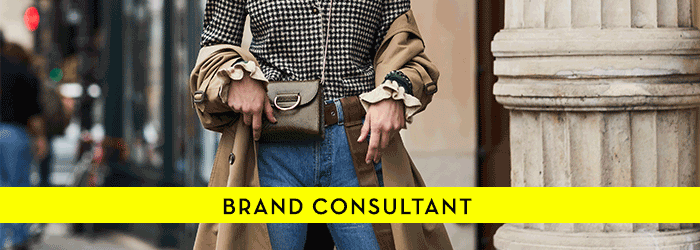
The Expert: Amy Sturgis
Personality Traits: “I really think you have to be passionate and know what you want and who you want to work with,” says Amy, adding that you shouldn’t take yourself too seriously and that it’s important to be kind and sensitive. “Treat other people’s brands as if they were yours—where do they want to be, and how can you help them get there?”
Skills Required: Amy didn’t finish her degree before heading into the industry, so one of the most important things she thinks any wannabe PR or brand consultant should do is pick good role models and mentors—people who inspire you and drive you to work hard to achieve what they’ve achieved. She also adds that it’s important to surround yourself with motivated, hard-working friends who share the same drive. It’s these friends who have also ended up being clients or helping her discover the next big Instagram-famous brand.
The Misconceptions: “That it’s easy just because you’re dealing with beautiful clothing and beautiful humans,” says Amy, who adds that fashion really is a constant hustle.
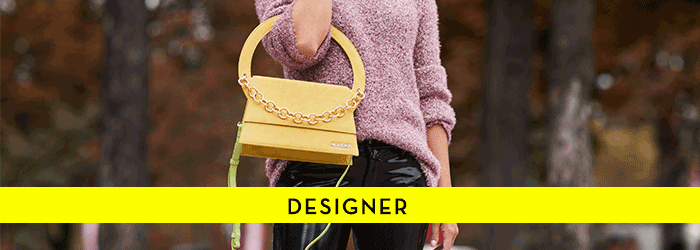
The Experts: Henrietta Rix and Orlagh McCloskey, co-founders of Rixo
Personality Traits: “The trait of not following the traditional way of doing things,” the designers tell me. “It may sound clichéd, but thinking outside the box is very important, and having the confidence to follow your intuition is key even if it’s a little daunting at times.”
Skills Required: Both Henrietta and Orlagh worked in fashion buying before they went into setting up their own brand. This helped them gain background knowledge into the many areas of building a business that young designers often don’t get taught like critical paths, lead time and supplier relations.
The Misconceptions: “That it’s glamorous,” they say, which appears to be the common thread running through this piece.
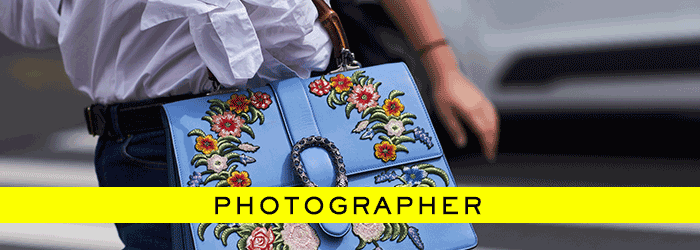
The Expert: Agata Pospieszynska
Personality Traits: “The ability to work in a team is needed, which is often underrated,” says Agata. “Taking great photographs is just a part of the job. There is lots of work that needs more social skills. Lots of people in the industry are individuals with very high egos, so making them cooperate is sometimes pretty hard. Another very important trait is dealing with stress—there will be lots of it, but the photographer should handle it well to make the team feel that everything is under control even in a tropical storm.”
Skills Required: “Of course, photography courses and schools will give a good start, but you will learn most on the set,” says Agata. “It’s best to assist for a while before you start the professional career. Watch how other people deal with difficulties on set, how they use light, etc. Assisting is sometimes very hard, but the experience you will get is priceless.”
The Misconceptions: “Lots of people think we lead a totally glamorous life, flying first class, drinking champagne and shooting pics of supermodels from time to time,” says Agata. “The reality is different: We travel a lot, often have to work the next day from landing after a 20-hour shoot while travelling economy, jet-lagged and with no champagne! Still, I love the life and the travels; I’m just very tired sometimes.”
Next up, the secrets to French-girl style.
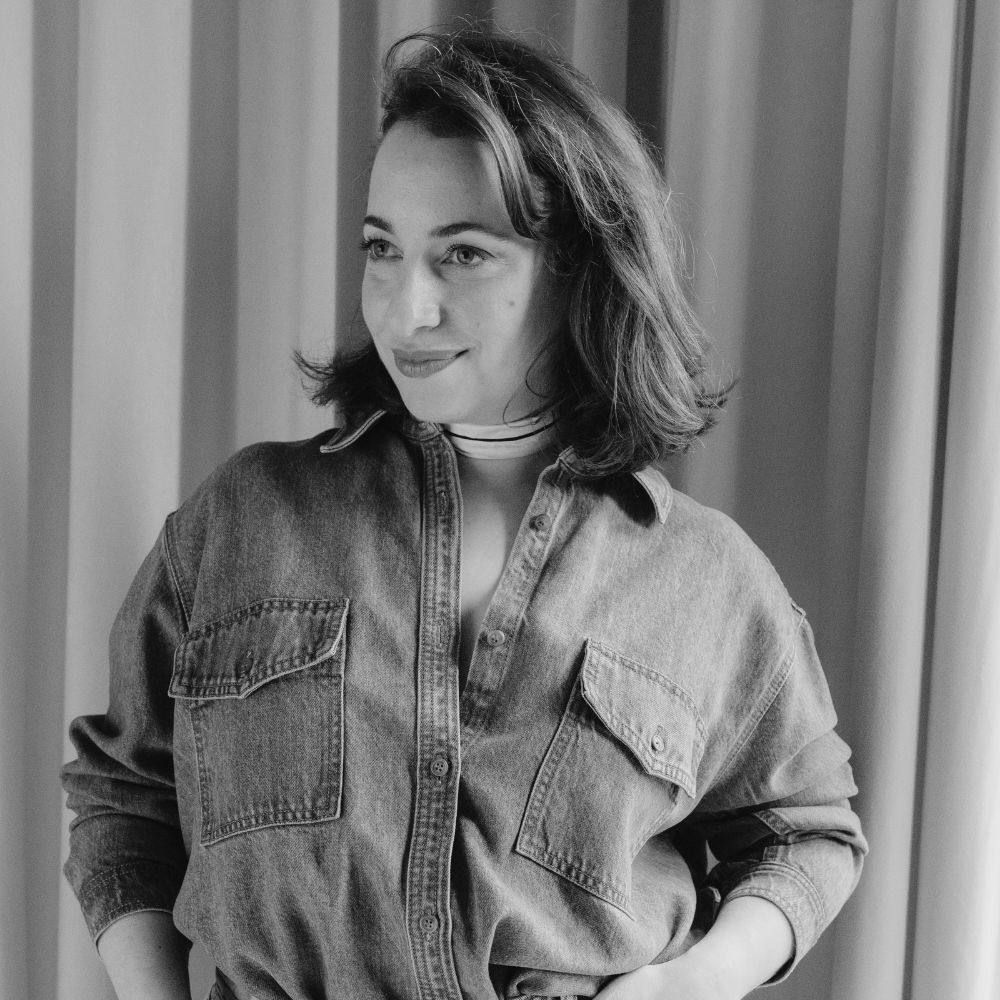
Hannah Almassi is the MD for Women’s UK at Future PLC. Following a decade-long tenure asBest Knockoff Luxury Clothing UK’s first Editor-in-Chief, she now overseesBest Knockoff Luxury Clothing and Marie Claire in the UK. Hannah has been part of the theBest Knockoff Luxury Clothing brand since 2015, when she was headhunted to launch the UK sister site and social channels, implement a localised content strategy and build out the editorial team. As an expert at the intersection of content, commerce, building brands and monetising digital platforms, she now combines her editorial experience alongside business acumen to help guide digital titles into the future.